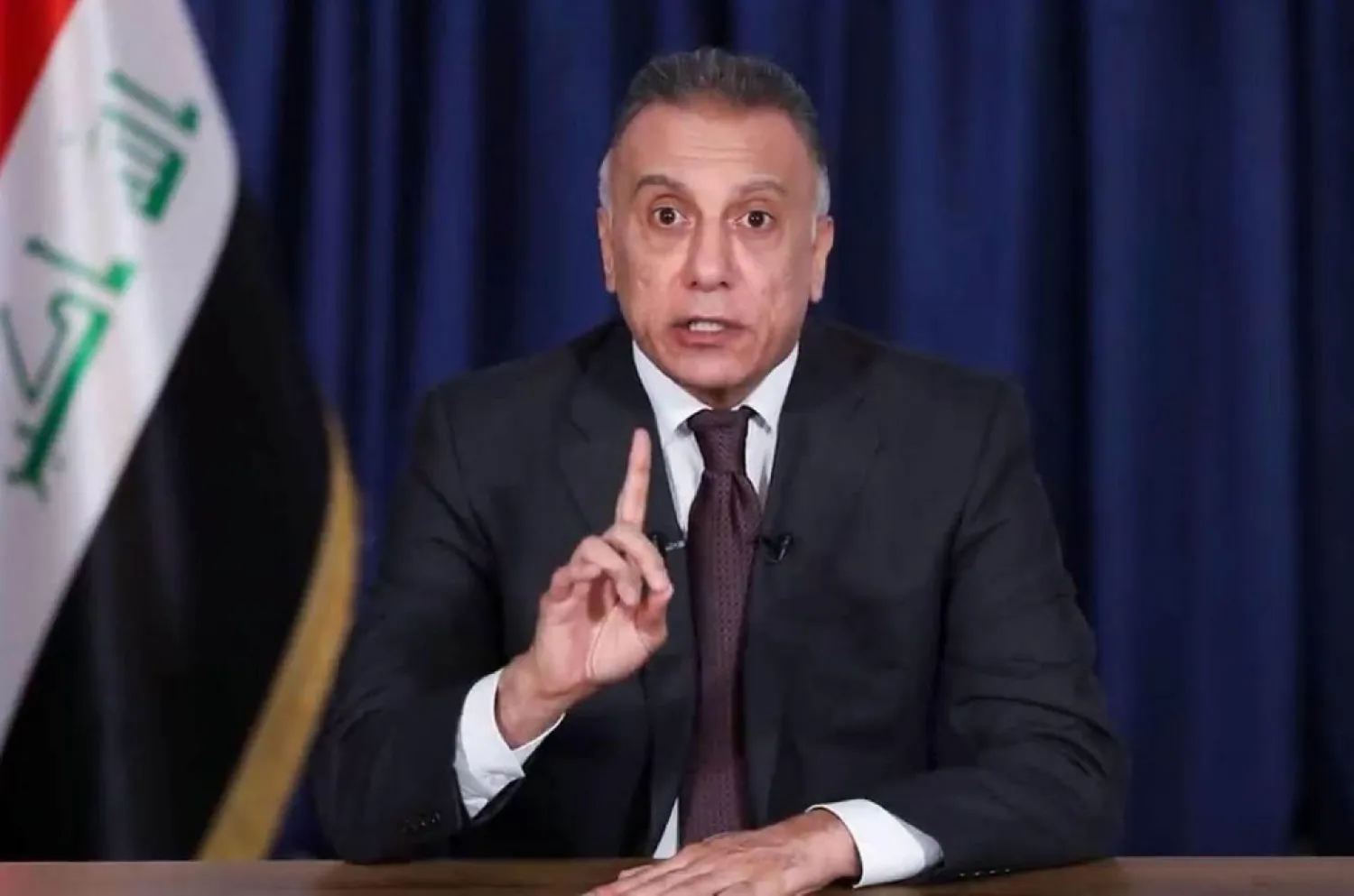Iraq's new prime minister Mustafa Kadhemi is a pragmatic operator and former spy chief whose ties could help steer Baghdad through a laundry list of crises.
He formally took the reins early Thursday after Iraq's parliament granted his cabinet a vote of confidence, capping weeks of horse-trading over ministerial positions.
Kadhemi, who headed Iraq's National Intelligence Service (INIS), was nominated on April 9 by President Barham Saleh in a ceremony attended by a who's-who of the political elite, indicating broad support for the enigmatic figure.
Born in Baghdad in 1967, Kadhemi studied law in Iraq but then left for Europe to escape repressive ex-dictator Saddam Hussein, working as an opposition journalist.
After the US-led invasion of 2003 toppled Saddam, Kadhemi returned to help launch the Iraqi Media Network, archived crimes of the former regime at the Iraqi Memory Foundation, and worked as a human rights advocate.
But he made an unusual career jump in 2016, when then-PM Haider al-Abadi handpicked him to head the INIS at the height of the war against the ISIS militant group.
It was there, sources close to Kadhemi say, that he formed his uniquely close links with top players of key nations including in Washington, London and closer to home.
"He's got a pragmatic mindset, relationships with all the key players on the Iraqi scene and good ties with the Americans -- and he was recently able to put his ties to the Iranians back on track," a political source and friend told AFP.
- 'Unprecedented' consensus -
Kadhemi was first floated as premier in 2018 but political blocs instead opted for Adel Abdel Mahdi -- the caretaker PM who resigned in December after months of protests, and whom Kadhemi would replace.
The intel chief's name began circulating again a few months ago as Barham Saleh's preferred candidate, but a political adviser close to the talks told AFP he had hesitated to take the risk.
"He did not want to agree unless it was going to be a sure thing," the adviser said, having seen two candidates -- lawmaker Adnan Zurfi and ex-minister Mohammad Allawi -- fail before him.
Allawi could not pull together a cabinet by his 30-day deadline while Zurfi dropped his bid on Thursday under pressure from Shiite parties close to Iran, who saw the lawmaker as worryingly close to Washington.
In January, those same factions had accused Kadhemi of being involved in the US drone strike that killed Iranian general Qasem Soleimani and Iraqi commander Abu Mahdi al-Muhandis in Baghdad.
Since then, Kadhemi had worked through the caretaker PM's influential chief of staff Mohammad al-Hashemi to repair ties to Iran and its allies in Iraq, the adviser, and a diplomat based in Baghdad told AFP.
The adviser said Kadhemi scored "an unprecedented Shiite-wide consensus".
- 'Superb negotiator' -
That set Kadhemi up with better chances than the two prior candidates, but he still faces a host of challenges.
Iraq's economy is faltering due to crashing oil prices and it is struggling to contain the spread of the coronavirus, which has killed more than 100 people across the country.
ISIS group remnants have apparently stepped up attacks, and swathes of the country that saw fierce fighting between Iraqi troops and the militants are still in ruins.
The US has recently extended a short sanctions waiver that will allow Iraq to import crucial gas from Iran until May 26 to keep its power stations on.
A figure like Kadhemi could have the right connections to steer Iraq through these crises, observers say.
"Kadhemi is a superb negotiator and an incredibly astute player," said Toby Dodge, head of the London School for Economics' Middle East Centre.
But, he cautioned, "Iraq is on borrowed time -- the stakes have gone up much higher."









